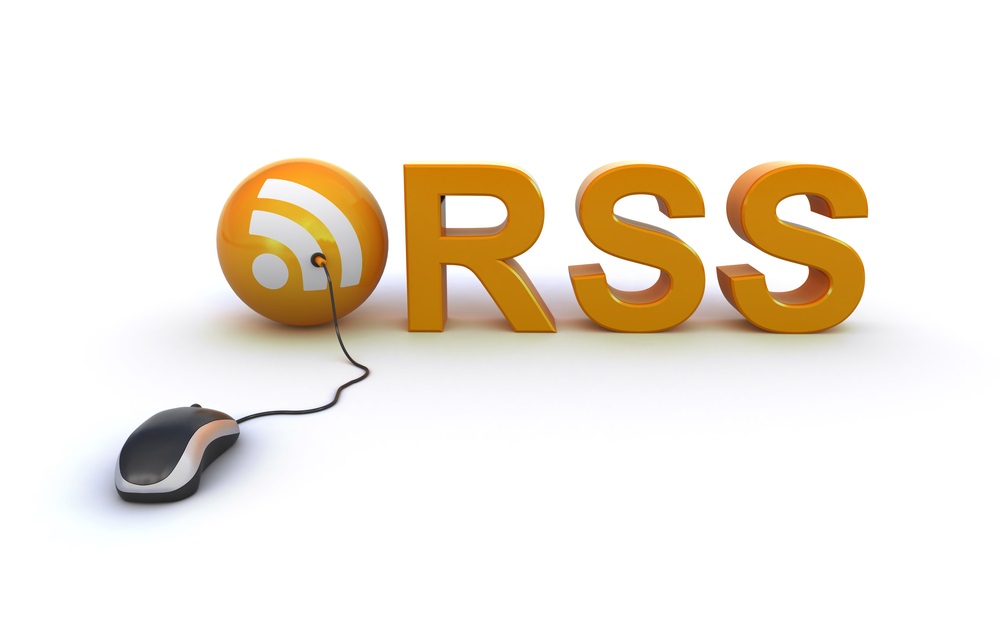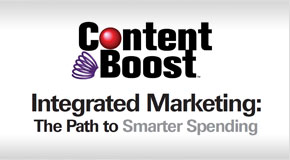If you hopped in your DeLorean and went back to August 1991, assuming you found a facility that had Internet access and the archaic electronics equipment necessary to facilitate connectivity, you could have stumbled across the world’s first website created by Tim Berners-Lee, architect of the World Wide Web. That website—an archived version of which can be accessed here—defined the Web as an “information retrieval initiative aiming to give universal access to a large universe of documents.”
Berners-Lee’s website linked visitors to other information available on the Web at that time, namely song lyrics and pages dedicated to religion, politics and law. Obviously in August 1991, there wasn’t much out there.
By 1993, more than 100 websites sprouted up across the Web. In 1996, there were more than 100,000. Back then, when you wanted to find new content, you’d check the websites you frequented. A news junky, for example, might check CNN.com multiple times a day to find out if new stories were posted. If none were, that news junky was wasting his or her time, or at least not spending it efficiently.

Fast forward to 2012 when the global Internet population grew to 2.1 billion people who tried to make sense of information hosted on 634 million websites. These days, finding the data you need on the Internet could certainly be akin to finding the proverbial needle in a haystack. But just like the Web has evolved over the years, so too has the technology that accompanies it.
Thanks to RSS feeds—the letters representing Rich Site Summary or Really Simple Syndication—those who surf the Web don’t have to worry about wasting their time. Rather than seeking out the content you want, those who leverage RSS feeds have the content they desire come to them instead. By subscribing to a desirable website’s RSS feed, people no longer have to visit that website for new content. Instead, the person’s browser lets them know when that content is available.
The Web of the past was like a library. Say there’s a book you wanted to read. You hop in your car, head to the library and to your chagrin, it’s not there. Maybe you’d find another book to read, but it’s not the same. Thanks to RSS feeds, the Web of today is like ordering that same book from Amazon. If the book is out of stock, it is still shipped to you the moment it becomes available.
Because of their time-saving nature, RSS feeds tremendously benefit users. With this in mind, businesses should strive to regularly create engaging content so as to encourage more and more subscriptions to their RSS feeds. By doing so, traffic increases and nothing goes unnoticed—a win-win for both the marketer and the consumer.
Edited by
Brooke Neuman















